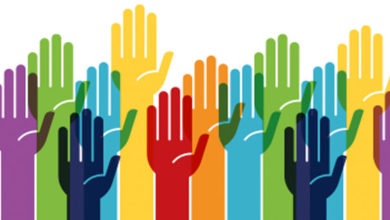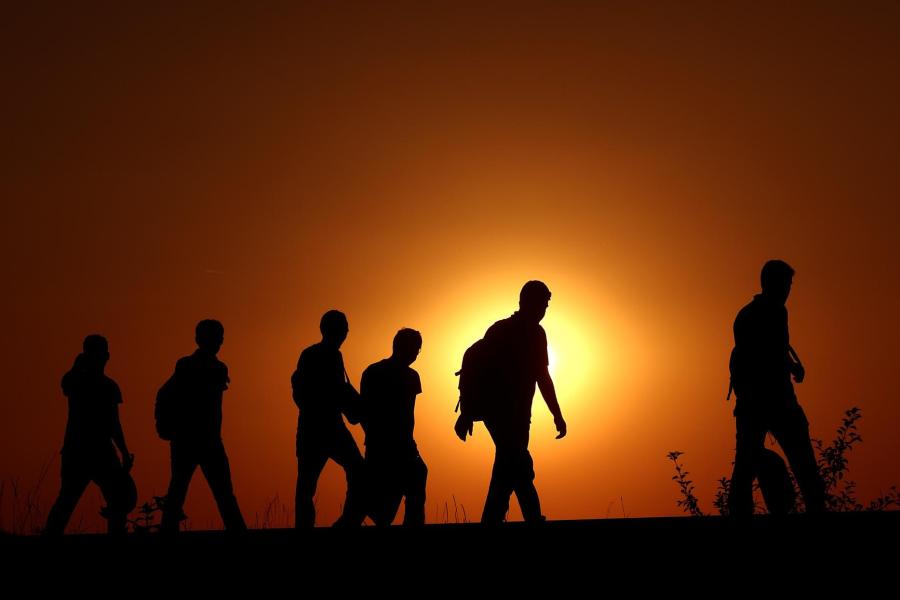الحماية الدولية للأعيان ا لطبية في ضوء القانون الدولي الإنساني
Continental shelf disputes resolution between Mediterranean countries before the International

اعداد : د. وسيم أحمد مبارك، أستاذ القانون الجنائي،أ. حسامعبدالحقالمدلل،المحاضرفيجامعةالأمة فلسطين- غزة
- المركز الديمقراطي العربي –
-
مجلة العلوم السياسية والقانون : العدد الثامن والعشرون يونيو – حزيران 2021 – المجلد6 – وهي مجلة دولية محكمة تصدر عن #المركز_الديمقراطي_العربي المانيا- برلين.
- تُعنى المجلة في الدراسات والبحوث والأوراق البحثية عمومًا في مجالات العلوم السياسية والعلاقات الدولية،والقانون والسياسات المقارنة، والنظم المؤسسية الوطنية أو الإقليمية والدولية.
Journal of Political Science and Law
للأطلاع على البحث من خلال الرابط المرفق :
المستخلص:
تعتبر الطواقم الطبية والأعيان الطبية من أهم الأعيان المتواجدة في مناطق الصراع، وتقوم بواجب انساني، يتطلب ان تتوفر بموجبه حماية دولية لهذه الأعيان والحفاظ عليها وعدم اشراكها في أي من الصراعات، ومن هنا هدفت هذه الدراسة الى التعرف على الحماية الدولية للأعيان الطبية في ضوء القانون الدولي الإنساني، ودراسة مدى توفر هذه الحماية في القانون الدولي وما واقع تطبيقها، وذلك بالاعتماد على المنهج الوصفي التحليلي، وقد وصلت الدراسة إلى عدة نتائج كان أبرزها:
1- وضعت اتفاقيات جنيف الأربع والبروتوكول التكميلي لعام 1977 على أساس قواعد وأنظمة عامة لحماية المدنيين والأعيان الطبية، وخاصة العاملين في مجال الصحة بوجه عام.
2- رغم عدم إمكانية توفير أحكام لحماية الأعيان الطبية، الا أنه لم يتم النص على معاقبة مَنْ ينتهكها.
3 – ستظل جميع الاتفاقيات الدولية غير مقيدة طالما كانت مرتبطة بالسياسة العالمية، خاصة ما دمنا نعلم أنَّ السياسة العالمية تقتصر على عدد معين من البلدان؛ أي القوى العظمى.
4- المحكمة الجنائية الدولية هي أحد أعظم إنجازات القانون الدولي العام، ولكن يجب أنْ تدعمها السلطة التنفيذية لتنفيذ هذا القرار.
وقد أوصى الباحث بعدة توصيات كان أبرزها ما يلي:
1- الحاجة إلى إعادة اتفاقيات جنيف الأربع والبروتوكولات الإضافية لمعالجة أوجه القصور فيها.
2- ضرورة تعزيز حماية المنشآت الطبية وفقًا لطبيعة عمل المهنيين الطبيين.
3- ينبغي بذل الجهود لزيادة الوعي، ونشر ثقافة القانون في المجتمعات، ولا سيّما في المجتمعات المتنازعة.
4- ضرورة حشد الدعم الدولي لمحاكمة مرتكبي الجرائم الدولية العديدة في جميع أنحاء العالم.
Abstract
Medical personnel and medical objects are among the most important notables present in the conflict areas, numbers with a humanitarian duty, letters according to which international protection and preservation of these objects, and hence the purpose of this study, and its inclusion in the International Association of Medical Objects. This study provides good provision in international law and perspective, according to the discretion of the descriptive and analytical approach, and this study reached the results of this study:
- The four Geneva Conventions and the 1977 Supplementary Protocol are based on general rules and regulations for the protection of civilians and medical objects, especially health workers in general.
- Although it is not possible to provide provisions for the protection of medical objects, no provision has been made for the punishment of those who violate them.
- All international agreements will remain unconstrained as long as they are related to global politics, especially as long as we know that global politics is limited to a certain number of countries; That is, the superpowers.
- The International Criminal Court is one of the greatest achievements of public international law, but the executive authority must support it to implement this decision.
The researcher recommended several recommendations, the most prominent of which were the following:
- The need to restore the four Geneva Conventions and their additional protocols to address their shortcomings.
- The need to strengthen the protection of medical facilities according to the nature of the work of medical professionals.
- Efforts should be made to increase awareness and spread the culture of law in societies, especially in conflict societies.
- The need to mobilize international support to prosecute the perpetrators of the numerous international crimes in all parts of the world.




